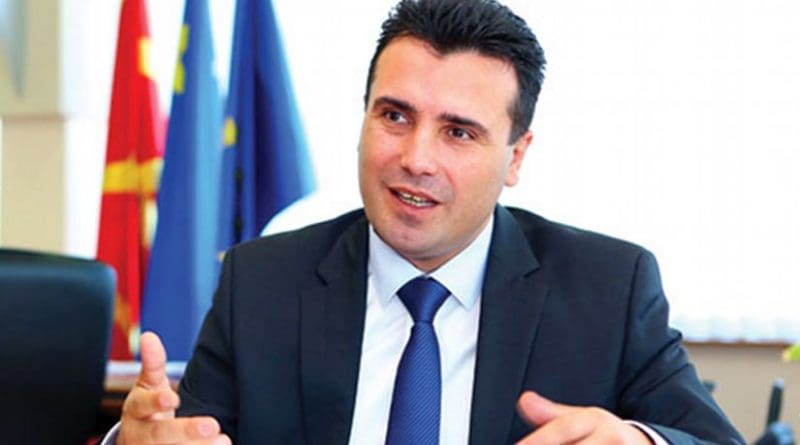North Macedonia Parliament Backs Ministerial Reshuffle
More than two years after it took office, the North Macedonian government has undergone its first major reshuffle – which Prime Minister Zoran Zaev ordered after receiving disappointing results in the spring presidential elections.
By Sinisa Jakov Marusic
Parliament in North Macedonia approved a reshuffle of five ministers on Thursday night, which came after the ruling coalition, headed by Zoran Zaev’s Social Democrats, received a wake-up call in recent presidential elections. In the vote, 65 of 120 MPs backed the reshuffle with 25 opposition MPs voting against.
The most notable change was Zaev’s temporarily taking over the Finance Ministry, after dismissing the Social Democrat Dragan Tevdovski as minister. Zaev said he would be running the ministry as he wanted to put more emphasis on economic recovery, but the main opposition VMRO DPMNE party criticised the move and Tevdovski’s dismissal.
VMNRO DPMNE MP Antonio Milososlki said Tevdovski had been one of the few decent ministers in the government. The opposition also blamed the Zaev government for stalled reforms and a worsened economy, saying that the announced changes were purely cosmetic.
As part of the changes, Trajan Dimovski will be the new Agriculture Minister, Goran Milevski will be in charge of Local Government, Husni Ismaili is the new Culture Minister, while Naser Nuredini will head the Ministry of Environment. Sadula Duraki will lead the new Ministry for the Political System, which stems from the transformation of the old government secretariat in charge of the implementation of the 2001 Ohrid peace agreement.
This was the first major government reshuffle since Zaev and his Social Democrats took office in 2017. Zaev announced it as part of a wider “clean-up”, after his Social Democrat-led alliance achieved a disappointing result in the April-May presidential elections.
Although the candidate of the ruling parties won the presidential race, Stevo Pendarovski’s results in the first round were lower than expected. On top of a lower than expected turnout, it signaled that the government had already lost much of its previous support.
Zaev described the changes in the cabinet as just the start of wider wave of personnel changes. He said that by the end of summer, some 200 office holders from the second and third tiers of government would also be replaced.

